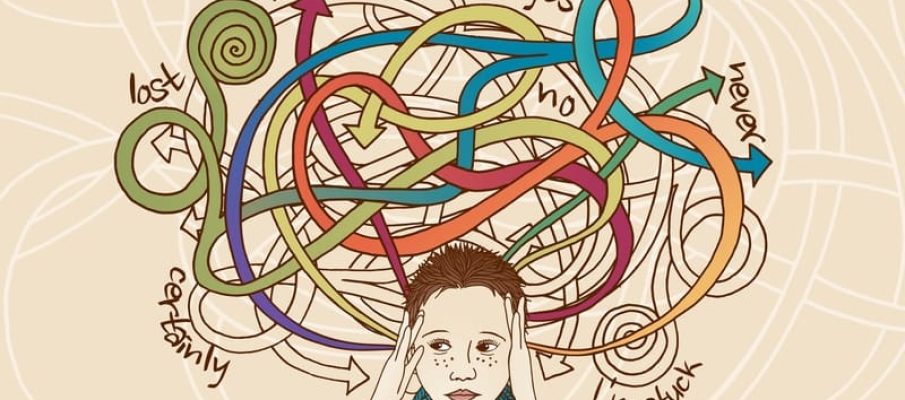How do you make big decisions? Do you do a lot of research, make lists of pros and cons, and spend hours pondering your options before finally making a choice? Or do you tend to be a little more spontaneous and trust your instincts?
According to psychologists, there are two types of people in the world: maximizers and satisficers.
- Maximizers spend a lot of time and effort trying to make the “best” decision. They search for expert information, get advice from others, and really work to make a reasoned, logical choice.
- Satisficers (a combination of the words “satisfy” and “suffice”) don’t put that much effort into their decisions. If a certain choice will satisfy their needs, they generally don’t feel the need to do much research or consider other options. They’ll just go with it.
Both approaches are certainly fine. Research indicates that maximizers and satisficers both make good decisions. But interestingly, psychologists have found that one group tends to be happier than the other.
Maximizers are not as happy as satisficers. Even after putting all that effort into making good decisions, maximizers will continue to second-guess themselves, and they’ll often feel bad about the choices they’ve made. In contrast, satisficers tend to be more content. They don’t question their decisions as much and they feel good about their choices.
I must admit that I’m a maximizer. I always do a lot of research and soul-searching before reaching a decision. And yes, I do second-guess myself afterwards. But if you’re a maximizer like me, don’t despair! Apparently, there’s hope for us! Researchers have found that as maximizers get older, they start to develop the qualities of a satisficer. They might still do a lot of research before making a decision, but they stop agonizing over choosing the perfect option and second-guessing their choices. They start to feel more content with things that may not be perfect, but are pretty darned good.
So what about you? Are you a maximizer or a satisficer? And do you think your decision-making style affects your happiness? Share your thoughts in the Comments section below!
Bernstein, E. (2014, October 7). Decide to be happy. The Wall Street Journal, pp. D1, D2.
Schwarz, B. (2004). The paradox of choice: Why more is less. New York, NY: Harper Perennial.








Lynnebabs
11/01/2022 @ 3:16 PM
Wow, interesting! I think that I too tend to be a maximizer with my decision making. It’s nice to know that I could become more of a satisficer as I age.